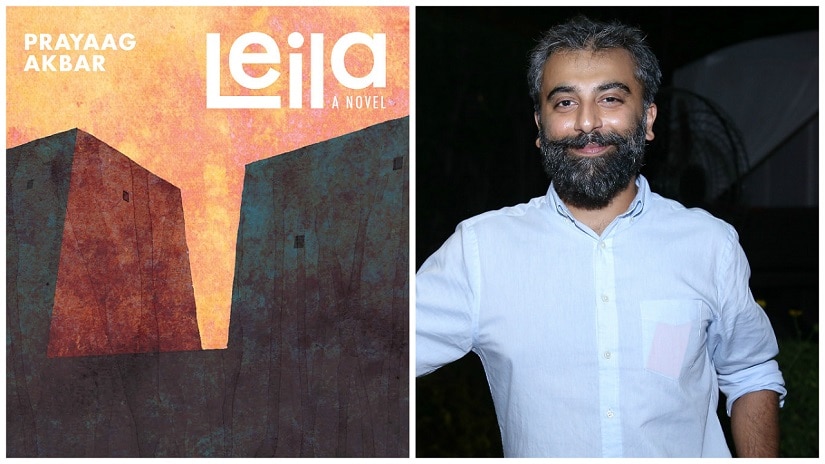

Purity One’s administration believes in separating the privileged from the filth and decay of the rest of the city – creating a classist, misogynist, casteist and communal bubble.

Everyone who lives in this dystopia is in fear of The Council – an omnipresent, all-powerful body whose slogan is “Purity for all” there are vigilante thugs of The Council called the Repeaters who do the Council’s dirty work, and a purity camp exists for the ones who have gone astray. Akbar’s Leila is set in the “near future”, in a fictional but readily recognisable Indian city – Purity One, where various communities live somewhat “comfortably” segregated and sequestered behind 60 feet walls. She goes in search of Leila in a dystopic landscape that is overwhelmed by sectarianism and totalitarian rule.

Prayaag Akbar’s novel, Leila, is about a mother, Shalini, who is separated from her daughter, Leila (born to a Hindu mother and Muslim father), forcibly by the members of an authoritarian, fundamentalist cult, and detained in a “purity camp”.


 0 kommentar(er)
0 kommentar(er)
